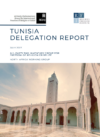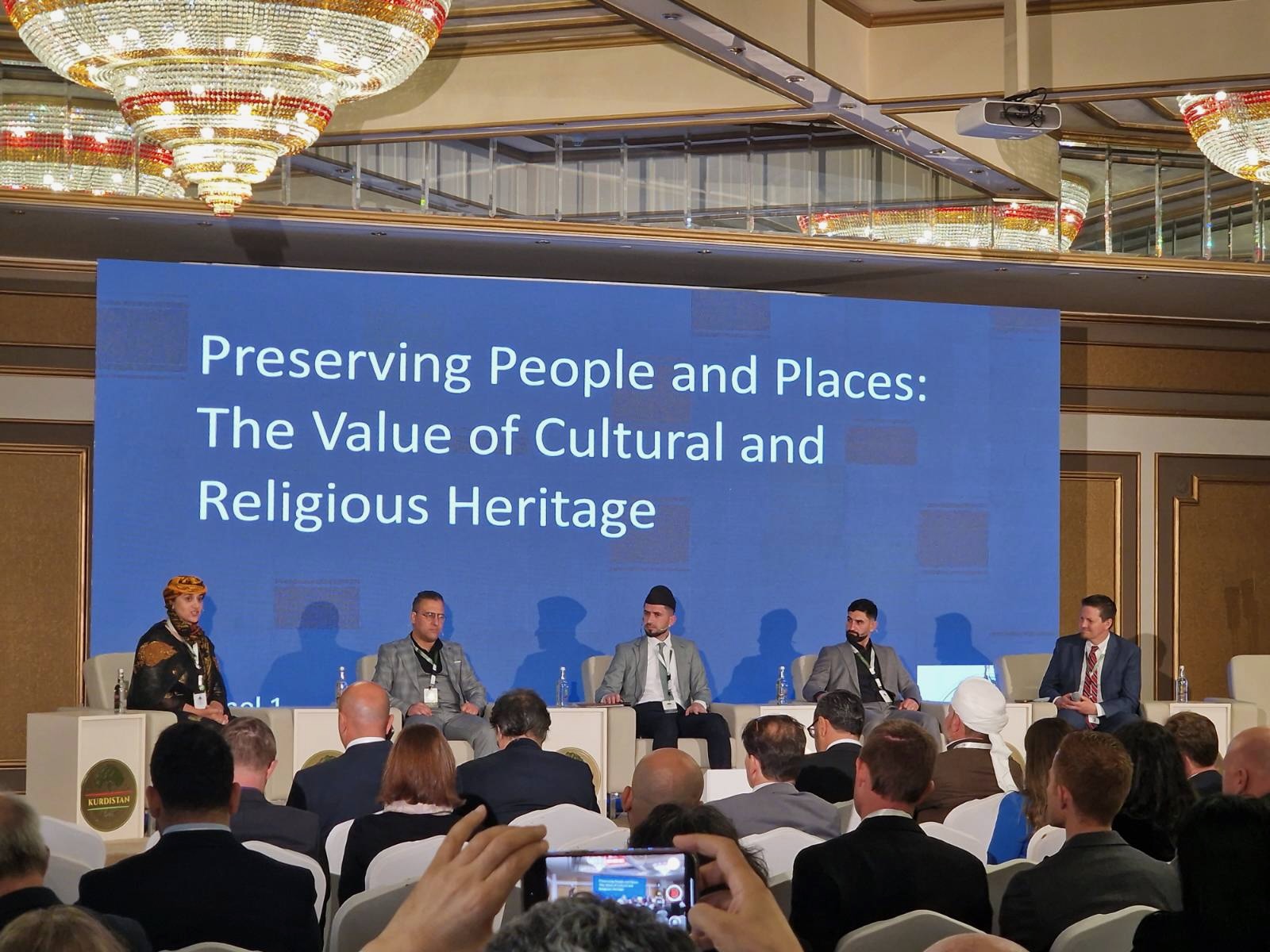This Cornerstone Series invites experts, advocates, and analysts to expound on the implications of Tunisia’s new constitution for citizens as well as the stability and security of the country and the region.
The July 25 constitutional referendum passed with more than 92% of the vote — but the preliminary voter turnout was 27.5% as some opposition parties boycotted the vote. The new constitution was drafted in what critics describe as a “closed-door” process influenced largely by President Saied with limited consultation with civil society groups or political parties. The new constitution expands the powers of the president and reduces the authority of both the parliament and judiciary. Freedom of belief, opinion, and publication remain protected. The rights afforded to Tunisians in the constitution can only be restricted “by virtue of law and for the necessity of national defense or public security.” The constitution states Tunisia belongs “to the Islamic Ummah” and mandates the state to achieve “the goals of pure Islam in preserving [people’s] souls, money, religion and freedom.”
Since his election in 2019, President Saied has sought to demonstrate strong leadership in response to a deepening socio-economic crisis and instability. On July 25, 2021 — exactly one year prior to the referendum — President Saied suspended the parliament and claimed executive control over the government, citing emergency powers afforded to him in the constitution. Some Tunisians welcomed the strong show of leadership as a necessary action to stabilize the country. Others claimed President Saied reinstated the very dictatorial and authoritarian control overthrown through the Arab Spring in 2011.
Contributors to the series include civil society advocates, legal and policy experts, and scholars of Islam and governance.
-

RFI Announces Joint Report with UK Officials on Religious Freedom in Tunisia
-

Tunisia Delegation Report
-

Implications of Tunisia’s New Constitution on Religious Freedom, Associated Rights & Governance
-

Islam in the Constitutions of Modern Arab States: the Case of Tunisia
-

The Evolution of Individual Rights and Religious Freedom Following the Arab Spring Movement in Tunisia
THE RFI BLOG

Oral Argument in Charter School Case Highlights Unconstitutional Motives Behind OK Attorney General’s Establishment Clause Claim

Largest Longitudinal Study of Human Flourishing Ever Shows Religion’s Importance

Keys To Human Flourishing: Faith And Relationships Outweigh Wealth

RFI Champions Religious Freedom at Kurdistan’s First National Prayer Breakfast

RFI’s Ismail Royer Speaks at Supreme Court Rally for Religious Parents Seeking Opt-Out
CORNERSTONE FORUM

Reaffirming Religious Freedom: Bridging U.S. Advocacy and Iraq’s Constitutional Framework

Political Polarization, Same-Sex Marriage and Religious Liberty

Bridging the Gap Between International Efforts and Local Realities: Advancing Religious Freedom in the MENA Region

Challenges to Religious Freedom in Iraq and the Critical Need for Action

